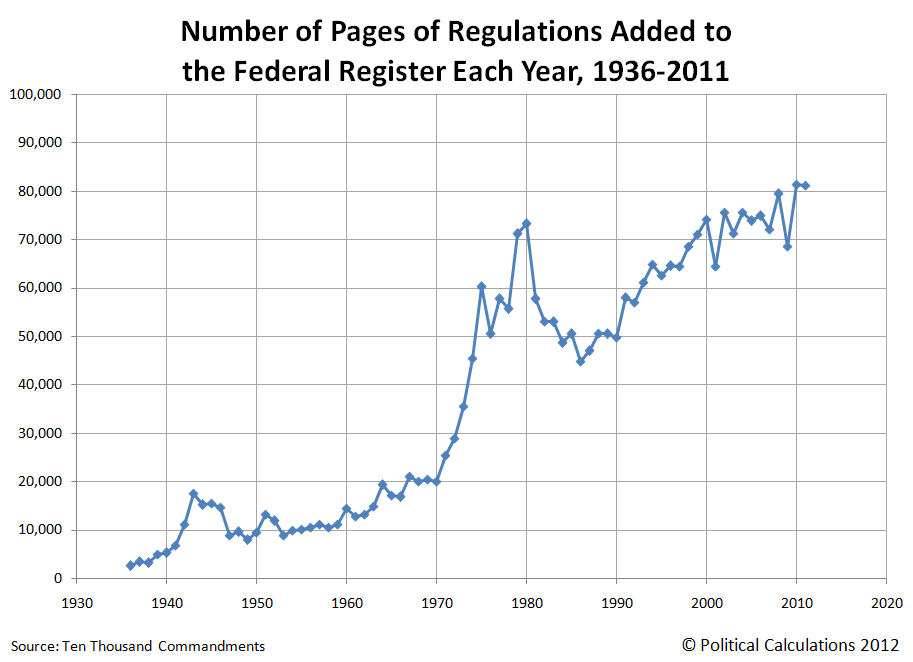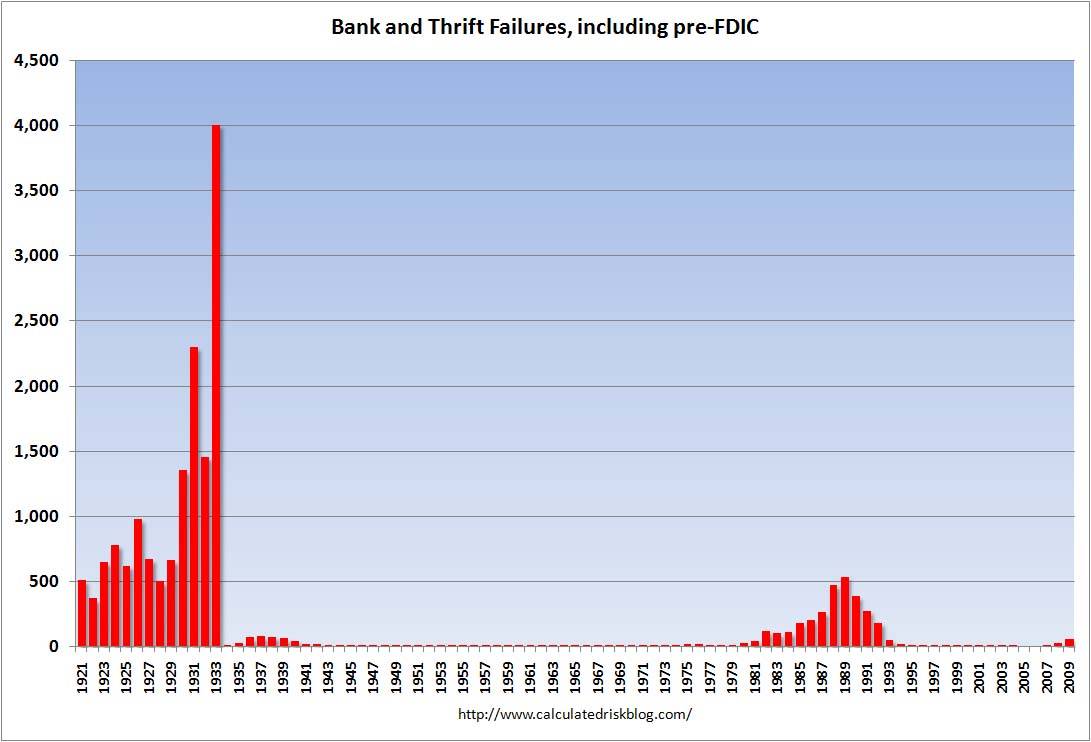Funny..you've agreed with each of my points..yet my knowledge in lacking.
Gotta love it.
Each of your points was wrong.
You're a very confused person.
Then why agree?
Look up confusion, ace.
It doesn't mean what you think it means.
I haven't agreed with a single of your error filled points.




